Choosing a gas detector can have significant consequences that can change the course of our lives substantially, and therefore we need to carefully consider several criteria when choosing a gas detector.
Any customer wishing to buy a gas detector should be aware that natural gas leaks, if not detected very quickly, can have very serious consequences, such as fires, explosions, damage to building structures or asphyxiation. In this context, a gas detector is fundamentally an essential device for the protection of oneself and one’s family, because no one doubts the importance of a methane gas detector.
Methane gas detector – Complete guide, almost everything you need to know before buying a gas detector.
The first thing to consider is the type of gas detector you want.
Two main types of gas detectors are available on the Romanian market:
- Portable methane gas detector: This is more suitable for natural gas installers who want to check for gas leaks in several places or rooms. It runs on batteries or rechargeable batteries, making it extremely portable.
- Fixed gas detector with solenoid valve: This type of detector is mounted on the wall, usually in the kitchen, 1-3 metres away from the gas source. The device connects to the main gas pipe of the building or area, either by wire or wireless connection via radio frequency waves. The gas detector is essential to be installed approximately 30 centimetres from the ceiling of the room.
In general, for a typical home, a conventional gas detector is sufficient to ensure safety against flammable gas leaks.
A crucial aspect in choosing a gas detector is the sensitivity of the sensor.
This characteristic is expressed as a percentage and can vary between 5% and 20%. If the sensitivity is high, e.g. at 20%, there is a possibility that the detector will trigger an alarm even in normal situations such as cooking or spraying.
“Alarm range: 8-10% L.I.E.”, the feature you will find in the Homplex gas detector datasheet, means that the gas detector will sound an alarm if the gas concentration in the ambient air is 8-10% of the maximum allowable concentration (L.I.E. – Lower Explosive Limit).
The maximum allowable gas concentration is the concentration at which the gas becomes explosive. For example, the maximum allowable concentration of methane is 5% in ambient air. This means that if the concentration of methane in the ambient air is 5%, there is a risk of explosion.
The alarm range of 8-10% L.I.E. is a wide range, which means that the gas detector will sound an alarm some time before the gas concentration reaches the explosive level. This gives people time to evacuate from a hazardous area.
It is important to note that the alarm interval may vary depending on the type of gas detector and manufacturer. Therefore, it is important to read the manufacturer’s instructions for the specific methane gas detector you have.

Methane gas detector Homplex HD100 PRO RF
Another important feature is the type of alarm.
Some detectors use both light and sound signals, while others rely solely on sound signals. Regardless of the type of alarm, it is essential to make sure that it can cover the entire area of the home and that the audible signal is loud enough to be clearly heard. There are detectors that can cover an area of up to 200 square metres and produce a noise of around 85 decibels, similar to a normal car alarm. This is a very important consideration when choosing the best gas detector for your apartment, home or office.
Installation and maintenance of methane gas detector.
For a correct installation of a gas detector in your own home requires the assistance of a specialized person with a license issued by the National Authority for Energy Regulation (ANRE). Find on the ANRE website (https://portal.anre.ro/PublicLists/AtestatGN) the list of all the companies of installers throughout the country.
We recommend that you check every six months that your detector alarm is working properly by pressing the test button.
Even if we can’t avoid the decisions we have to make, we can prepare ourselves to make the most appropriate decisions. When it comes to the safety of ourselves and our loved ones, it is essential to think carefully.
Therefore, it is recommended to purchase equipment with a good reputation in the market and consult with qualified and licensed professionals to minimise major risks.
We hope these tips for selecting a gas detector are helpful to you in choosing the best methane gas detector!




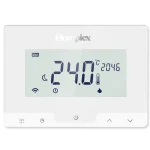


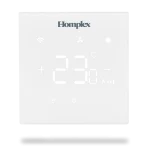




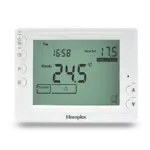

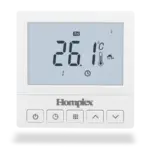


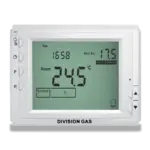







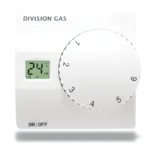


















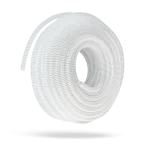
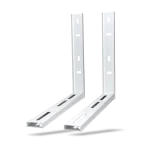
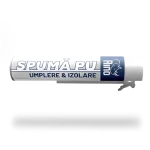
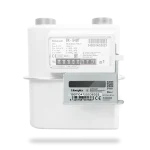
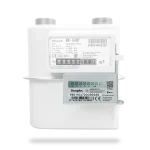

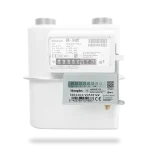














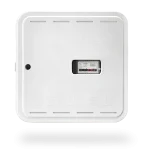
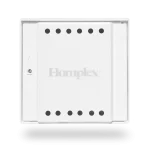







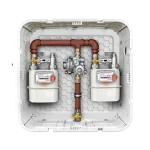




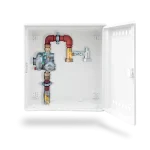
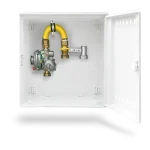
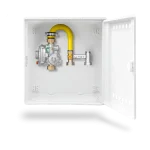
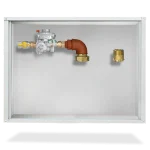
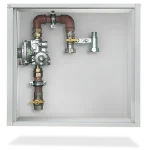
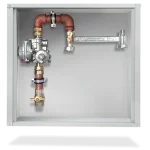




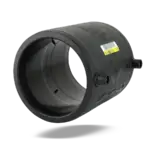














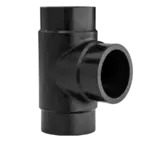













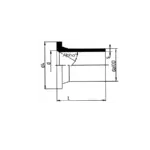









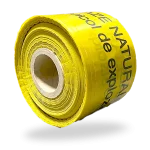





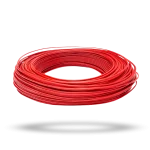

















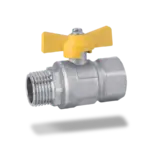


































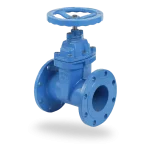
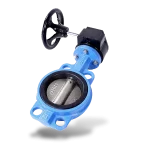
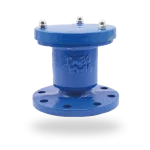
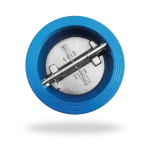
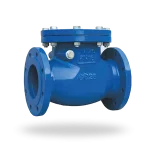
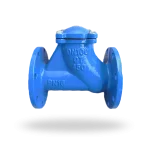
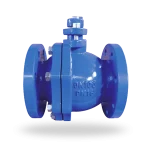
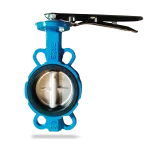
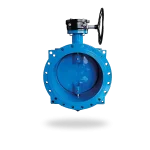
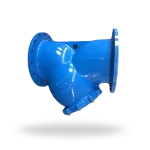
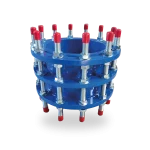




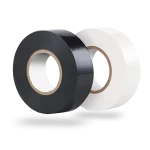
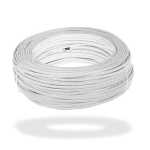
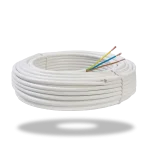
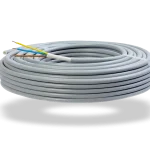
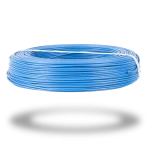
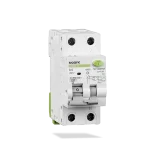
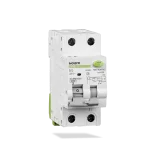
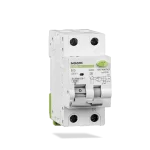
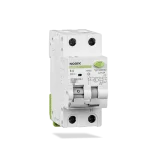
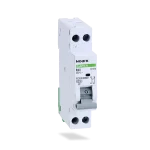
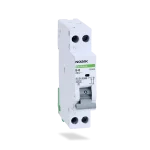
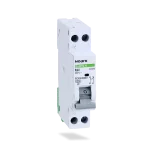
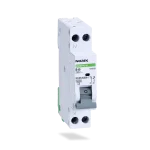
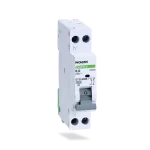
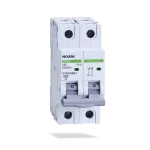
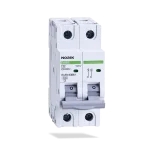



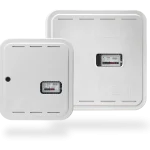




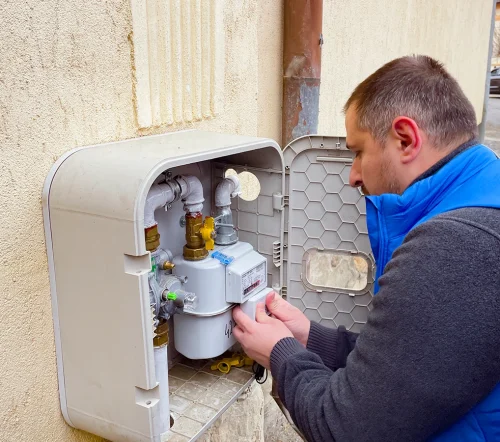

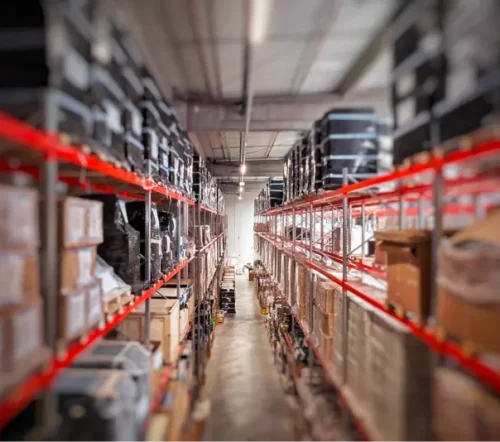

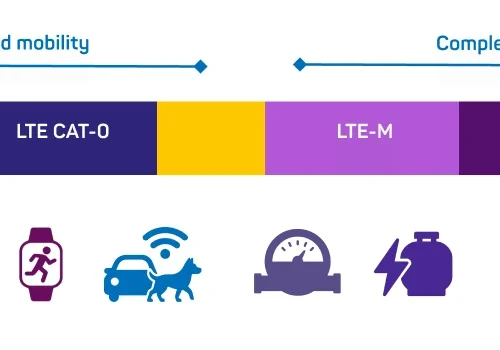
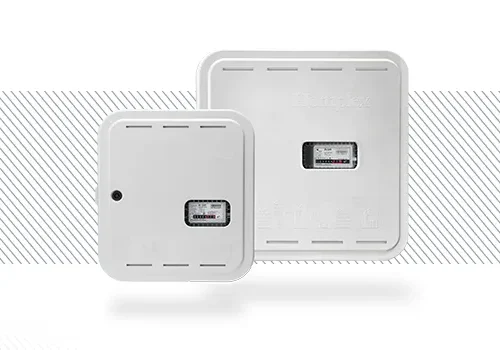

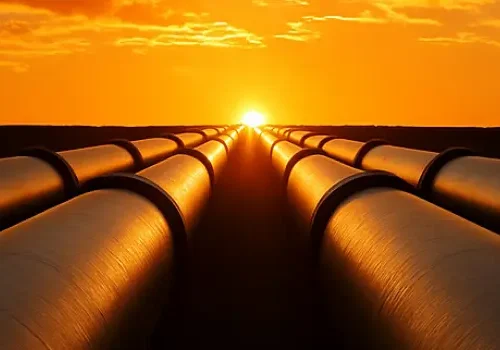
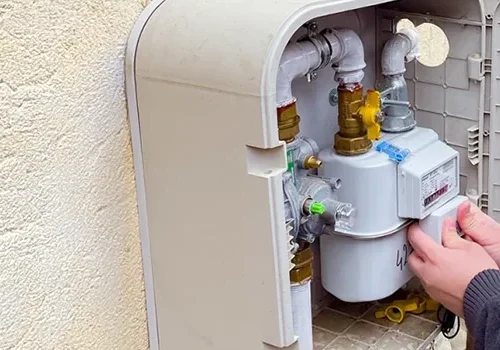
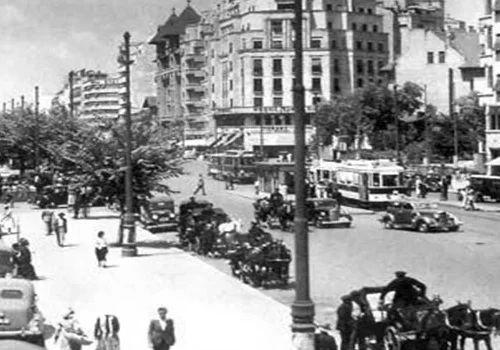
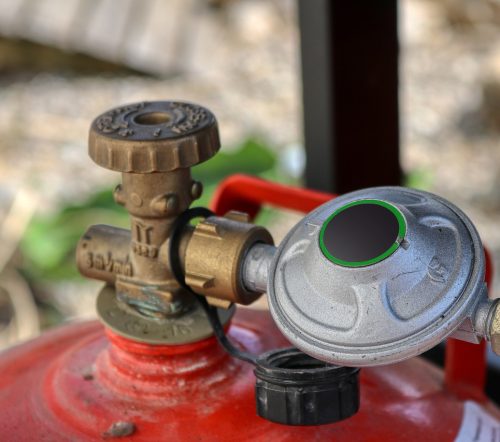
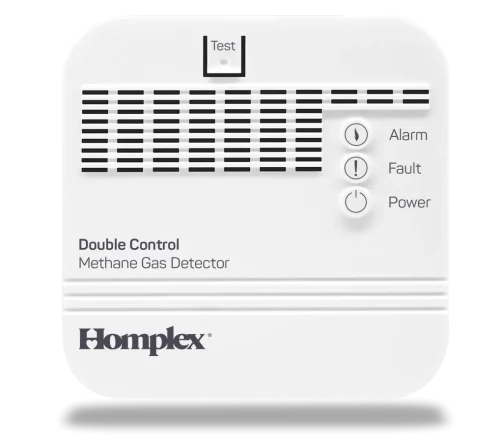



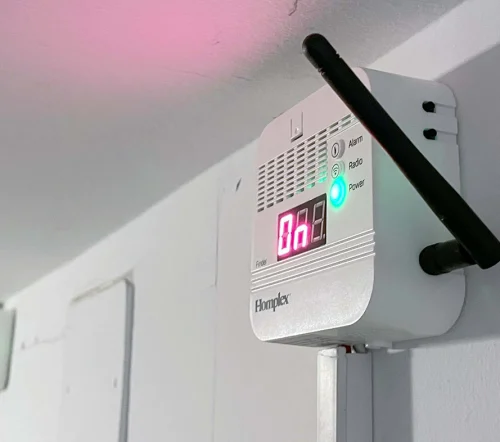





No Comments yet!